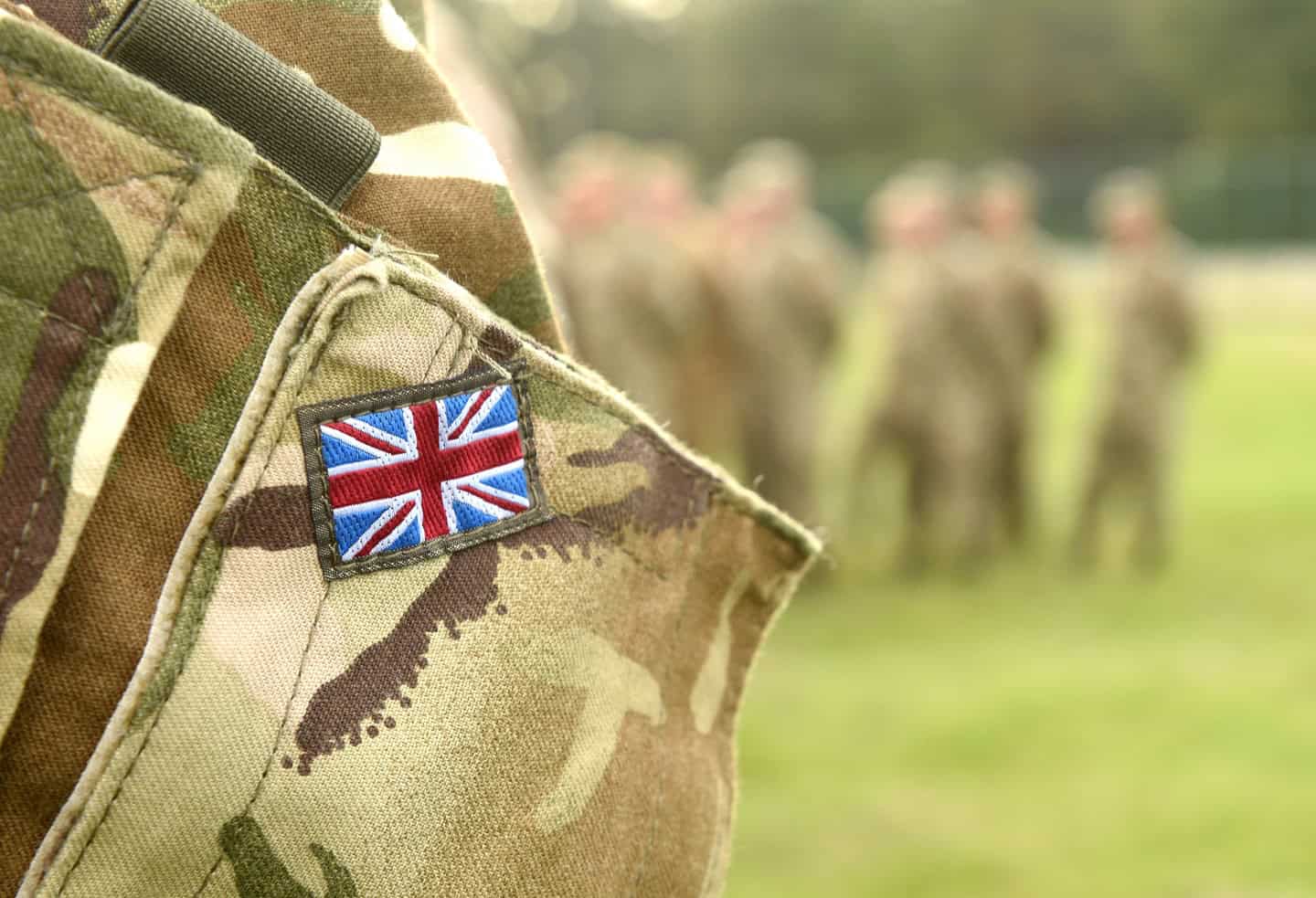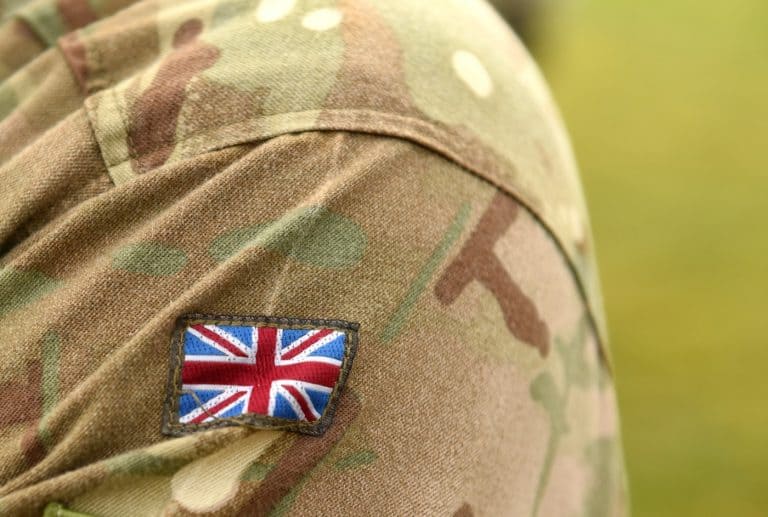
90% of Service Personnel don’t make service complaint: Urgent improvement necessary
Every year the Ministry of Defence publishes the Armed Forces Continuous Attitude Survey (AFCAS), which is distributed to a sample study of UK Regular Armed Forces Personnel in order to understand their opinions and attitudes of service life. Questions asked cover topics such as pay, deployment, accommodation, family life and fairness at work. The information collected is then used to shape policies for training and support.
In advance of the 2021 survey, I have considered the survey results for 2020, which were published last May. Questions concerning fairness at work asked for service personnel’s view on fair treatment in their service and whether they felt they had been subject to bullying, discrimination or harassment, along with questions about their knowledge of the service complaint system. More than seven in ten (73%) of personnel agreed that they had been treated fairly at work, with Officers more likely to agree that their treatment had been fair. Officers were also more likely than other ranks to report that they considered the discipline system was fair.
Whilst just over one in ten (12%) of personnel reported that they had been subject to bullying, discrimination or harassment in the last 12 months, of this figure a staggering 90% of Service Personnel did not make a service complaint. The main reasons for not making a formal written complaint were reported as not believing that anything would be done if a complaint were made (60%) and the belief that making a complaint would adversely affect their career (52%).
For those that did make a formal complaint, over half were dissatisfied with the time taken and the lack of information about the progress of their complaint. Only 10% of service personnel were happy with the outcome of their complaint.
The figures also demonstrate that the knowledge about the Service Complaints Ombudsman, which provides an independent and impartial oversight of the service complaints system, varies significantly based on rank with 90% of Officers aware of how the Service Complaints Ombudsman can help with bullying, discrimination or harassment complaints compared with 65% of those at other ranks.
The 2020 AFCAS survey clearly highlights urgent areas for improvement, including the need-
- To tackle bullying, harassment and discrimination at work
- To increase confidence in the service complaint system to ensure that service personnel feel confident that when they make a service complaint they will be believed
- To reduce the belief held by the majority of service personnel that a complaint will adversely affect their career
- To ensure that complainants are kept up to date about the progress of their complaint
- To increased knowledge about the service complaint Ombudsman and their role amongst among junior ranks
Further, the AFCAS should be sent to every service personnel in the Armed Forces to ensure that problems surrounding the reporting of issues of bullying and harassment are fully understood. Currently only around 27,000 service personnel are sent the survey.
An effective service complaint system requires the trust of all service personnel to produce just and fair decision in order to tackle bullying and harassment in the Armed Forces. Unfortunately, the 2020 AFCAS demonstrates that much more work is required to achieve this.










